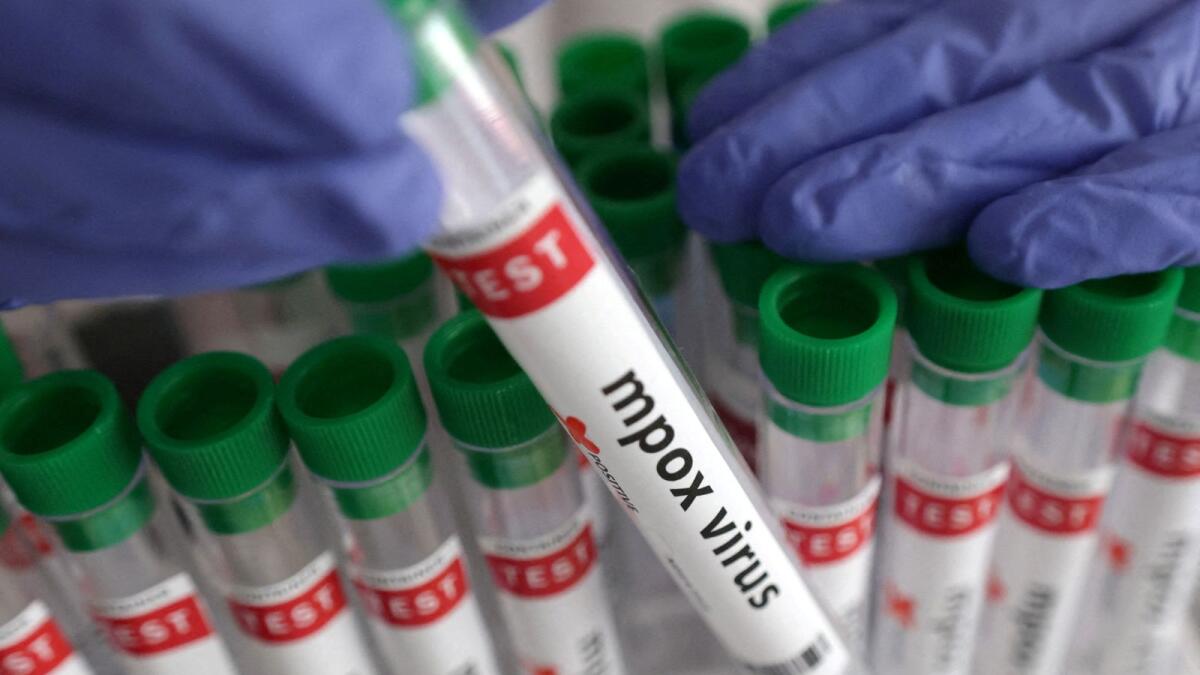The new mutated strain of the mpox virus, clade Ib, is causing significant concern among scientists due to its fast-changing nature and the lack of proper funding and equipment in areas where it is spreading. This unknown virus strain is posing a challenge in terms of understanding its severity, transmission, and overall response. Mpox, also known as monkeypox, has been a public health issue in Africa for many years but gained international attention when it spread in 2022 and prompted a global health emergency declaration by the World Health Organization (WHO).
The mutated clade Ib strain has reemerged, leading to a new health emergency that is making it difficult for researchers and experts to track and understand the virus. With more than 18,000 suspected cases and 615 deaths in Congo, as well as confirmed cases in other African countries and internationally, the urgency to understand and contain the virus is paramount. The virus is mutating rapidly, posing a challenge in terms of response strategies and vaccine development.
Experts are concerned about the evolving nature of the virus and its potential to cause widespread disease and fatalities. The emergence of the APOBEC3 mutation in the clade Ib infections is accelerating the viral evolution and complicating the response efforts. The virus is now considered to be mutating more rapidly than expected, raising concerns about its potential to become more virulent and difficult to control.
The spread of the virus through human contact with infected animals and now through sexual transmission is further complicating the situation. Clade I and its mutated versions, clade Ib and IIb, are causing outbreaks through various modes of transmission, including close contact with infected individuals. The lack of proper equipment and resources in African countries is hindering the ability to accurately diagnose and track the virus, leading to challenges in containment and treatment.
Children, pregnant women, and individuals with weakened immune systems are at greater risk of severe illness and death from mpox. The mutation of the virus has raised concerns about its potential to cause more severe disease and higher fatality rates. Urgent research is needed to understand the virus better and develop effective response strategies, but the lack of resources and access to necessary chemicals and supplies is hindering progress in tracking and containing the outbreaks.
Overall, the evolving nature of the mpox virus and the challenges related to its rapid mutation, changing transmission dynamics, and lack of resources are posing a significant threat to public health in Africa and beyond. Urgent action is needed to support research efforts, provide necessary resources, and develop effective response strategies to contain the virus and prevent further spread. The global community must come together to address this evolving public health crisis and safeguard the health and well-being of populations at risk.











